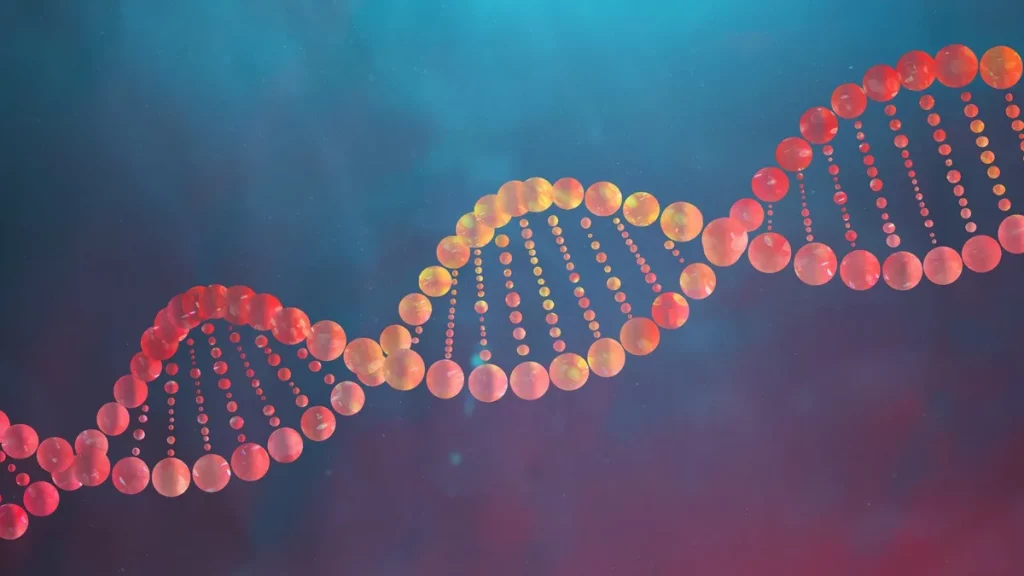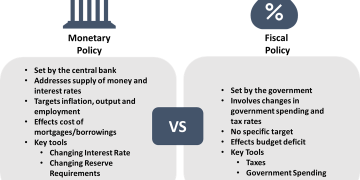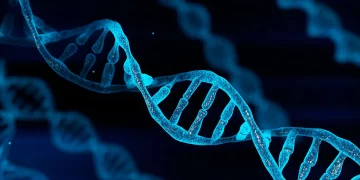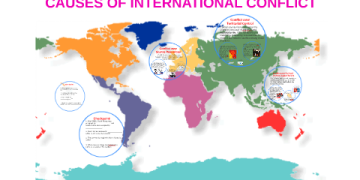A New Era, A New Dilemma
The advent of gene editing has brought humanity to the edge of a profound transformation. For centuries, we dreamed of extending life, imagining mythical fountains of youth or divine elixirs. Now, armed with CRISPR-Cas systems, epigenetic reprogramming, and other powerful biotechnologies, we possess tools that could, in principle, slow or even reverse the processes of aging.
But as our capacity to reshape life expands, so too does the gravity of the questions we must confront: Should we edit the human genome to extend longevity? Who gets access to such therapies? How do we reconcile individual aspirations with collective welfare? The ethical frontier of gene editing for longevity is not a side issue—it is the core challenge that will shape the future of medicine and society.
1. The Ethical Landscape of Human Enhancement
1.1 Therapy vs. Enhancement
A central distinction in bioethics lies between therapeutic interventions, which aim to treat or prevent disease, and enhancements, which go beyond therapy to augment human capacities. Treating age-related diseases such as Alzheimer’s or heart failure is widely accepted as a legitimate goal. But editing healthy genomes to extend lifespan or boost resilience raises more contentious questions.
Some ethicists argue that enhancing longevity is a natural extension of medicine’s mandate to reduce suffering. Others caution that redefining aging as a condition to be “treated” risks medicalizing a fundamental aspect of life, thereby altering how we perceive our own humanity.
1.2 Natural Limits and the Value of Mortality
Philosophers have long debated whether mortality imbues life with meaning. Thinkers like Martin Heidegger and Hans Jonas suggest that the finitude of life gives urgency and purpose to human actions. If genetic interventions drastically prolong life, will we lose something essential in the process—motivation, a sense of generational renewal, or even our cultural traditions around life stages?
2. Justice, Equity, and Global Access
2.1 The Risk of a Longevity Divide
One of the most pressing concerns is that gene-editing therapies, at least in their early stages, will be expensive and accessible only to the wealthy. This could lead to a “longevity divide”, where affluent populations enjoy decades of extended healthspan while disadvantaged groups continue to suffer the burdens of aging.
Such a scenario could exacerbate existing social and economic inequalities, entrenching privilege in a new and biologically reinforced form. Bioethicists and public health advocates argue that longevity interventions should be treated as global public goods, accessible regardless of income or geography.
2.2 National Disparities
On an international scale, countries with advanced biotechnology sectors and robust healthcare systems will likely benefit first, while low-income nations lag behind. This asymmetry raises concerns about a new form of “biotechnological colonialism,” where life-extending treatments become a geopolitical asset.
Efforts by the World Health Organization and other international bodies to promote equitable access will be crucial, but history suggests that such goals are difficult to achieve without concerted global cooperation.
3. Regulatory and Legal Challenges
3.1 Uncharted Territory
Most regulatory systems were designed to evaluate conventional drugs and therapies for discrete diseases. They struggle to address interventions that aim to slow or reverse aging—a diffuse, multi-systemic process that is not officially classified as a disease.
Should gene editing for longevity be regulated like preventive medicine, elective surgery, or even a form of enhancement akin to cosmetic procedures? Policymakers face the challenge of crafting frameworks that encourage innovation while safeguarding public safety and trust.
3.2 Germline Editing vs. Somatic Editing
A particularly contentious issue is the distinction between somatic editing, which modifies cells in an existing individual, and germline editing, which alters the genetic code in embryos or reproductive cells, making changes heritable by future generations.
While somatic interventions are often defended as personal medical choices, germline editing raises concerns about consent—future generations cannot agree to the modifications made on their behalf. The prospect of “designing” offspring for enhanced longevity intensifies ethical scrutiny.
3.3 Liability and Accountability
If a gene-editing intervention to extend lifespan leads to unforeseen complications decades later, who bears responsibility—the company that developed it, the physician who administered it, or the regulatory body that approved it? Legal frameworks for such long-term accountability remain underdeveloped.

4. Cultural, Religious, and Social Dimensions
4.1 Diverse Cultural Perspectives
Attitudes toward genetic intervention are deeply influenced by cultural and religious values.
- In some traditions, life extension is seen as an expression of human ingenuity and stewardship over creation.
- In others, interfering with the “natural order” is viewed as hubris, potentially disrupting the balance between humanity and nature.
These cultural differences complicate the quest for globally harmonized policies.
4.2 The Redefinition of Aging
If aging becomes a modifiable variable, society will need to rethink fundamental institutions:
- Retirement systems: Pension models designed for life expectancies of 70–80 years may collapse in a world where people routinely live past 120.
- Education and Work: Lifelong learning and career flexibility will become necessities, as individuals seek multiple vocations over extended lifespans.
- Family Structures: Longer lives may lead to multigenerational households spanning five or six generations, reshaping kinship dynamics.
5. Case Studies at the Ethical Edge
5.1 The CRISPR Babies Controversy
In 2018, a Chinese scientist announced the birth of twin girls whose genomes had been edited to confer resistance to HIV. The global outcry underscored the ethical and governance gaps in the field. Although this case involved germline editing for disease resistance rather than longevity, it illustrated the risks of premature and unregulated application.
5.2 Experimental Anti-Aging Trials
Early attempts to test gene therapies aimed at increasing telomerase activity or clearing senescent cells in small human cohorts have sparked debate. Supporters argue that such experiments accelerate scientific progress; critics warn that insufficiently understood interventions could expose vulnerable participants to unforeseen risks.
6. The Intergenerational Compact
A profound ethical question is whether radically extending human lifespan could distort the balance between generations.
- Environmental impact: Longer-lived populations could increase resource consumption and carbon emissions unless offset by sustainable practices.
- Political dynamics: Societies might face the entrenchment of older elites in positions of power, slowing generational turnover in leadership.
- Innovation cycles: While experience is valuable, younger generations often drive disruptive ideas. A world dominated by the elderly could risk cultural stagnation.
Some scholars advocate for “longevity citizenship,” emphasizing that if we gain the power to reshape aging, we must also rethink the responsibilities individuals and societies owe each other across time.
7. Charting a Path Forward
To navigate the ethical frontier of gene editing for longevity, a multifaceted approach is essential:
- Inclusive Deliberation: Engage scientists, ethicists, policymakers, patients, and diverse cultural voices in shaping guidelines.
- Equitable Access Policies: Ensure that life-extending technologies do not become a privilege for the few.
- Adaptive Regulation: Develop frameworks capable of evolving alongside rapidly advancing technologies.
- Global Cooperation: Promote cross-border standards and information sharing to prevent a “race to the bottom” in regulatory laxity.
- Continuous Oversight: Establish long-term monitoring systems for the health, societal, and ecological impacts of longevity interventions.
A Future Worth Shaping
The power to rewrite the genetic foundations of aging forces us to confront what it means to be human. Will we use this power to alleviate suffering, foster equality, and enrich the human experience? Or will it deepen divides, distort social structures, and compromise our sense of shared destiny?
The answers will not be dictated by technology alone but by the collective ethical and political choices we make. The frontier of gene editing and longevity is not merely a boundary of scientific knowledge—it is a boundary of moral imagination. How we cross it will define the next chapter of humanity’s story.

















































